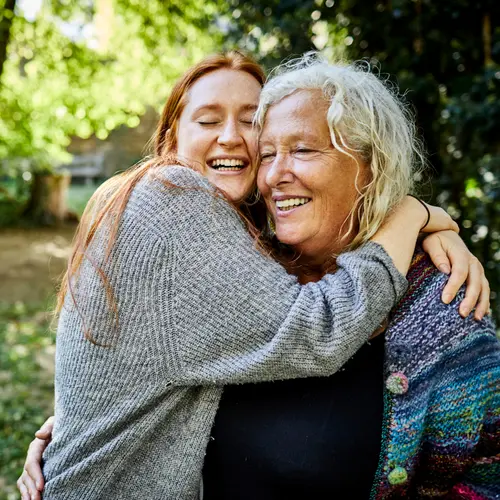Prescription painkillers -- like opiates and opioids -- can relieve intense physical pain when used properly. But if you become addicted or take too much of an opiate or opioid, you may need emergency medical care to save your life.
High doses can slow down your breathing and heart rate and kill you. If you’ve become dependent upon the medication or addicted to it, withdrawal symptoms if you suddenly stop using it can also be dangerous. Other risks from misuse include infection from shared needles and injuries while you’re using.
You need to recognize and respond quickly to the signs and symptoms of opiate or opioid misuse that need emergency care -- for yourself or someone else.
Withdrawal Symptoms
If you use too much of an opiate or opioid too often, you can become physically dependent (your body now demands more of the drug) or addicted (you feel like you can’t stop taking it, even if it’s causing you problems).
Either way, you can go into withdrawal if you suddenly stop taking the drug. Then, you could start to have one or more of these symptoms over the next 10 days:
- An intense craving for the opioid
- Feelings of anxiety or irritability
- An inability to sleep consistently
- Abdominal pains or cramps
- Throwing up or diarrhea
- Shakes and chills
- Sweating a lot
- Dilated (wider) pupils
- A runny nose and watery eyes
- Increased heart rate and blood pressure
Some of these symptoms can be dangerous, so withdrawing from an opiate or opioid without medical supervision is risky. See a doctor right away or dial 911 if your symptoms feel out of control.
Overdose Symptoms
An overdose on these drugs requires emergency medical care immediately. The signs include:
- Not responding to other people
- Clammy skin, especially in the face
- A slow or uneven pulse rate
- Smaller “pinpoint” pupils
- A limp body
- Slow and shallow breathing
- Extreme sleepiness or sudden loss of consciousness
- Trouble speaking
- A bluish skin tone or dark color to the lips
- Making sounds like snoring, choking, or gurgling
If you are with someone who may have overdosed, don’t leave them alone. Keep them awake. Shake them and shout, if you have to. Call 911. They may need CPR before paramedics arrive. They may also need emergency treatment with naloxone, a drug used to treat overdoses that can be administered outside of medical settings.
If you have a history of opioid abuse, your doctor may also prescribe naltrexone, used to prevent people addicted to certain drugs from taking them, to have on hand at home in case of an overdose.
If you seek care in an emergency room, the team there will keep a close watch on you while you recover. They may also give you medication to help with certain withdrawal symptoms like nausea or diarrhea.
Infection, Mental Health, Injuries
In addition to withdrawal and overdose symptoms, addiction to opiates and opioids can lead to other things that may need emergency treatment.
If you are injured or hurt by someone while you’re using, get emergency medical help – just as you would if you were sober.
If you’re having mental health issues or are thinking about suicide, you may need emergency care. (If you’re having suicidal thoughts, you can call the National Suicide Prevention Lifeline at 988, anytime day or night.)
If you have injected heroin or other drugs, you may also need antibiotics and other treatment for problems related to needle use:
- Infections from shared or dirty needles. These include HIV, hepatitis, and other infectious diseases.
- Boils. These include abscesses.
- Scarred or collapsed veins.
- Dangerous drug interactions. This can happen if your painkiller affects something else you’re taking. It’s more likely for older adults, who tend to take more medications, but it can happen at any age.
Pregnant women face increased odds for miscarriages, having low birth-weight babies, and other risks.
Some emergency rooms will help with both the medical and psychological issues in addiction. Or you may get a referral for treatment.
If you get medication for addiction in the ER, it most likely will be one of these:
- Buprenorphine (Brixadi, Cizdol, Suboxone), available as tablet, injectable, film, or patch medication. It blocks the drug’s effects and reduces withdrawal symptoms and cravings
- Methadone (Dolophine, Methadose), which comes in tablet or liquid forms and prevents withdrawal symptoms and reduces cravings
- Naloxone (Narcan), a nasal spray or injectable medication used to reverse the drug’s effects
Some ER doctors are trained to offer counseling advice to people with addictions. They also may refer you to recovery specialists on staff or suggest that you contact another facility that specializes in addiction recovery for counseling help.
Afterward, the emergency room team may offer to follow up on your condition, especially if they gave you medication. It’s a good idea to accept any professional medical help.

